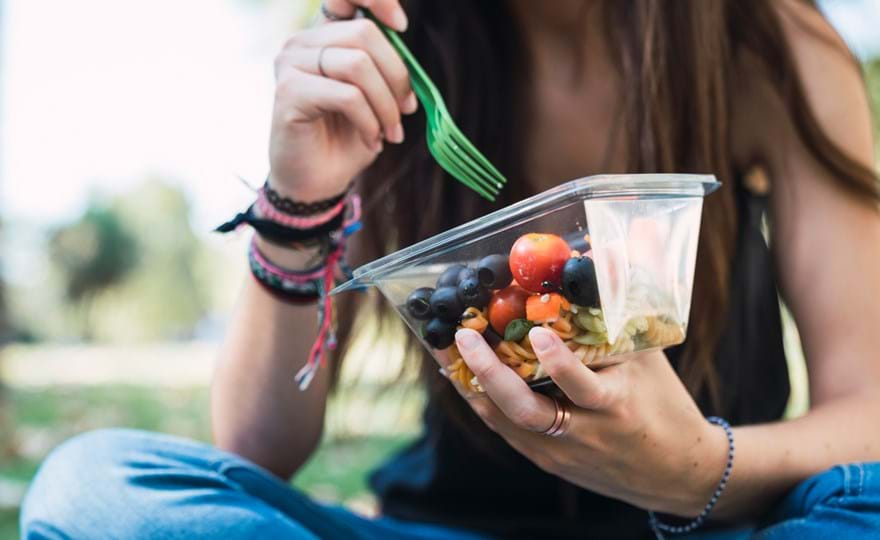ClientEarth Communications
18th November 2021


Supermarkets still aren’t doing enough to reduce plastic. They are a major source of plastic packaging, which is the largest single use of plastics and makes up an even greater proportion of plastic waste.
Yet one of the world’s largest supermarket groups – Ahold Delhaize – is not disclosing key information on its use of plastics and fails to report plastic-related risk to its investors, in breach of its legal requirements. We’re taking action.
The economic system heavily relies on business leaders and investors being on the front foot in anticipating culture shifts.
That’s why reporting and disclosure are essential – for investors, knowing the full picture of the risk landscape companies are facing is the only way they can fulfil their own responsibility to protect the funds they are in control of.
Reporting and disclosure are also legal requirements. Under EU law, most listed companies have a duty to disclose climate and environmental data to better inform investors about the sustainability of their investments.
New laws and policies aimed at reducing plastic waste and carbon emissions mean any company with a big plastic footprint has an uncertain future. The single-use model has a sell-by date, and changes in the law are making it more expensive for companies to pollute the planet.
Not to mention the reputational risk: if the last few years have taught us anything, it is that consumers care deeply about plastics. Any investor trying to avoid these risks should beware of investing in plastic-intensive companies.
Research by our Dutch partner Plastic Soup Foundation found that Albert Heijn – one of Ahold Delhaize’s supermarkets – still heavily relies on wasteful plastic as 82% of its products are packaged in single-use plastic.
And yet it is not reporting the risks associated with this reliance on single-use plastic to its investors.
Our plastics lawyer Rosa Pritchard said: “As one of the world’s largest supermarket groups, Ahold Delhaize heavily relies on single-use plastics to make its business work. But the regulatory landscape is changing at speed, threatening business models dependent on wasteful single-use plastics and leaving companies like Ahold Delhaize exposed to serious financial headwinds. Yet Ahold Delhaize has not disclosed this information to investors – which is a breach of EU law.”
Key findings from our review of Ahold Delhaize’s reporting include that:
We and Plastic Soup Foundation submitted a formal complaint to the Dutch financial authority, the AFM. It is now up to them to enforce the law so that financial players have relevant information to make sustainable investment decisions. This counts not only for Ahold Delhaize specifically – the authority should be making its position on this issue clear across the market.
Beyond the complaint, we are calling on Ahold Delhaize to significantly reduce its use of single-use plastics.
Jurjen de Waal, Plastic Soup Foundation’s plastic waste campaigner, said: “As a market-leader, Ahold Delhaize needs to address its overreliance on plastics and turn off the tap on single-use plastic packaging. It should do this by including re-use and refill options and cutting out unnecessary packaging.”
If we are to meet our environmental ambitions, we need to redirect vast amounts of capital into sustainable activities. In the world of Big Food, this starts with supermarket groups, fast-moving consumer goods companies, and investors recognising that plastics are not only wrecking our environment – they’re also a risky investment.